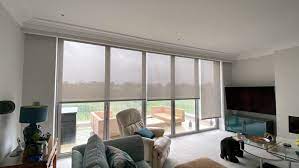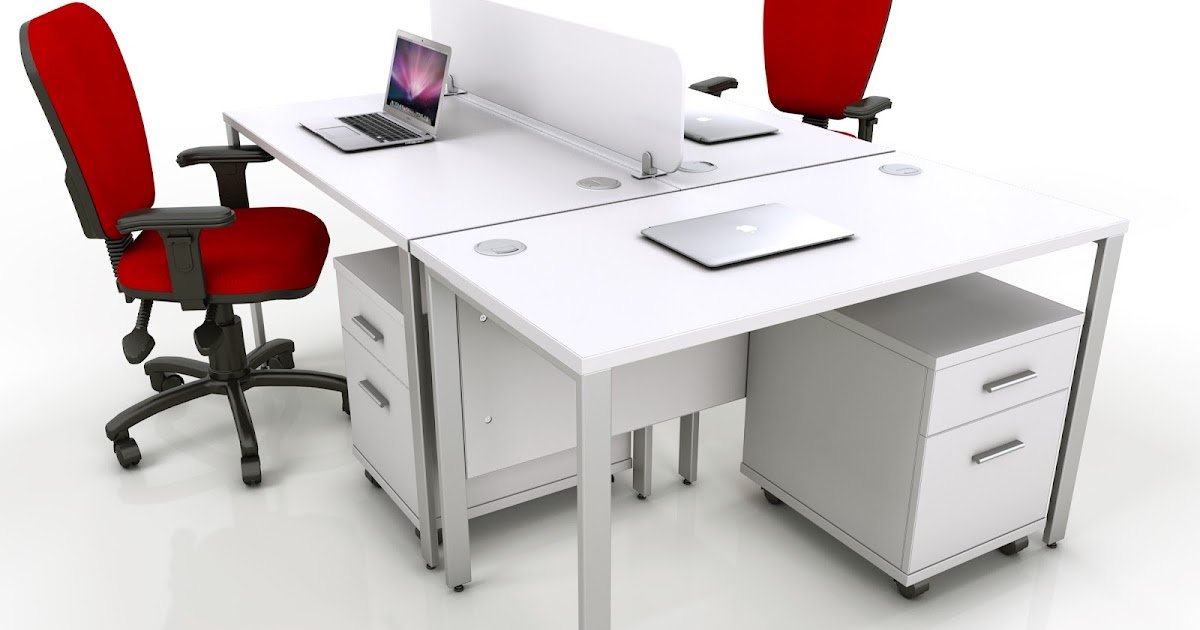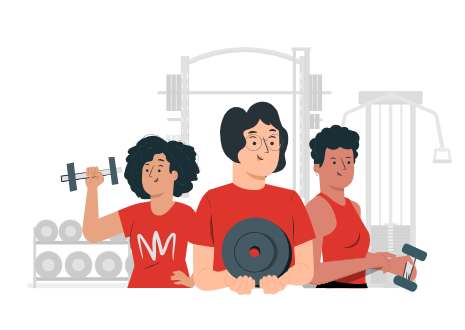In Dubai’s highly competitive hospitality industry, keeping a hotel kitchen up-to-date and efficient is paramount to delivering exceptional dining experiences. As culinary trends evolve and technology becomes more advanced, renovating hotel kitchens has shifted from being a luxury to a necessity. For chefs and hotel owners in Dubai, understanding the essentials of a successful kitchen renovation is crucial to meeting modern culinary demands and enhancing the overall guest experience.
This guide outlines key factors that chefs and hotel managers should consider when renovating their kitchens, highlighting essential steps, emerging technologies, and the impact of a well-executed kitchen renovation. If you’re exploring options for kitchen renovation Dubai, read on for insights, statistics, and expert tips to help make your renovation project a success.
1. Embracing Smart Kitchen Technology
Modernizing a kitchen with the latest technology can increase efficiency, safety, and quality control, all of which are vital in a fast-paced hotel environment. Recent advancements in kitchen technology, like smart ovens, connected refrigeration, and digital inventory tracking, are transforming the way chefs and kitchen staff work. With these innovations, chefs can focus more on creativity and less on the logistical challenges of managing a large, busy kitchen.
For instance, the adoption of Internet of Things (IoT) devices allows kitchen appliances to communicate with each other, improving workflow and minimizing downtime. Smart ovens can now be programmed to automatically adjust temperatures and cooking times, while smart fridges help track and manage inventory by notifying staff when supplies are low. These technologies contribute significantly to food quality and service speed, especially in a high-demand environment like Dubai.
Key Statistic
According to recent industry reports, kitchens that incorporate IoT technology see an average 15% reduction in food wastage and up to a 20% increase in operational efficiency. This data underscores the importance of tech-enabled upgrades during any kitchen renovation Dubai project, allowing chefs to work smarter, not harder.
2. Layout and Workflow Optimization: Key for Chefs
A well-planned layout is critical in a hotel kitchen where efficiency and speed are essential. The goal should be to create a kitchen that minimizes unnecessary movement while allowing chefs to have all their tools and ingredients within easy reach. For instance, creating designated zones for preparation, cooking, and plating can reduce delays and prevent overcrowding in key areas.
When considering a kitchen renovation Dubai project, chefs should work closely with designers to establish a functional layout that aligns with the type of cuisine and service style offered. The “work triangle” design is a classic concept that prioritizes efficient movement between the sink, stove, and refrigerator, saving valuable time during service. Open layouts can also be beneficial, as they allow for better communication and coordination among staff members.
Key Insight
The National Restaurant Association found that optimizing kitchen layouts can reduce preparation time by 10-15%. A streamlined workflow benefits not only chefs and staff but also improves the guest dining experience by reducing wait times and ensuring fresher, hotter dishes.
3. Sustainable and Energy-Efficient Upgrades
Sustainability has become a significant consideration in modern hotel kitchen renovation company, especially in a city like Dubai, which is rapidly adopting green practices across industries. Chefs today recognize that eco-friendly practices, such as using energy-efficient appliances and minimizing waste, align with the expectations of environmentally-conscious guests. Updating kitchen appliances to energy-efficient models can reduce energy costs significantly, which is crucial in high-energy-use spaces like commercial kitchens.
LED lighting, energy-efficient ventilation, and low-flow faucets are simple but effective upgrades to make the kitchen more sustainable. Many chefs are also exploring composting systems and on-site herb gardens to further reduce their environmental impact and add a fresh element to their menus.
Key Statistic
Research shows that energy-efficient commercial kitchens can save up to 20-30% on utility costs. As hotels in Dubai increasingly seek LEED certification and other green building accolades, focusing on energy-efficient solutions during a kitchen renovation Dubai project is a win-win for both the bottom line and the environment.
4. Prioritizing Hygiene and Safety Standards
In a hotel kitchen, hygiene and safety are non-negotiable. Renovating with the goal of meeting the latest health and safety regulations not only protects guests but also protects the brand reputation of the hotel. Chefs should prioritize materials that are easy to clean and resistant to bacteria. For example, stainless steel surfaces are durable, easy to maintain, and highly resistant to bacteria, making them an ideal choice for countertops and workstations.
In addition, smart ventilation systems that eliminate grease, smoke, and odors from the kitchen help maintain air quality, while fire suppression systems add a layer of safety. Anti-slip flooring, automated cleaning systems, and temperature-controlled storage are additional considerations that contribute to a safer working environment for chefs and their teams.
Key Insight
A study by the World Health Organization revealed that proper kitchen ventilation and hygiene practices can reduce the risk of foodborne illnesses by up to 40%. This statistic highlights the importance of incorporating high standards of cleanliness and safety into kitchen renovation projects in Dubai.
5. Choosing Durable, High-Quality Materials
Given the heavy use of hotel kitchens, the choice of materials is essential to ensure durability and longevity. Chefs need materials that can withstand high temperatures, heavy equipment, and frequent cleaning. Stainless steel, granite, and quartz are popular choices for countertops, while ceramic tiles are commonly used for floors due to their slip-resistant and easy-to-clean properties.
For walls, tiles with antimicrobial properties can add an extra layer of hygiene, helping chefs maintain a clean environment even during busy service hours. Choosing the right materials not only improves the kitchen’s durability but also reduces the long-term maintenance costs for hotel management.
Key Statistic
In a survey conducted by the American Hotel & Lodging Association, 68% of hotel kitchens that use durable materials reported lower maintenance costs, showing that investing in quality materials can provide significant savings over time.
6. Fostering an Adaptable Space for Culinary Trends
Culinary trends are constantly evolving, and hotel kitchens must be flexible enough to adapt to these changes. An adaptable kitchen is one that can easily accommodate new equipment or modify its layout based on seasonal needs or changes in the menu. Modular kitchen designs, which allow workstations to be reconfigured as necessary, are gaining popularity as they provide chefs the freedom to experiment and innovate without requiring significant structural changes.
This flexibility is particularly valuable in a city like Dubai, where international influences drive dynamic culinary scenes. By designing adaptable spaces during a kitchen renovation Dubai project, chefs and hotel owners can remain at the forefront of culinary trends without undergoing frequent major renovations.
7. Considering Ventilation and Air Quality
Efficient ventilation is essential in any professional kitchen to ensure a comfortable working environment. Poor air quality can impact the performance and well-being of kitchen staff, especially in Dubai’s hot climate. Upgrading ventilation systems is an effective way to manage kitchen heat, control odors, and prevent moisture build-up, creating a healthier environment for chefs and staff.
Advanced ventilation systems with smart controls allow hotels to monitor and adjust air quality based on real-time needs, improving the kitchen’s overall atmosphere and reducing energy costs. This technological integration in kitchen renovation Dubai projects not only enhances comfort but also supports sustainability efforts by reducing the workload on HVAC systems.
Call to Action
Is it time to transform your hotel kitchen in Dubai into a modern, efficient, and eco-friendly space? Whether you’re a chef aiming to enhance workflow or a hotel manager looking to improve efficiency, a professional kitchen renovation can make all the difference. Contact us REDO today to explore kitchen renovation Dubai services and take the first step toward elevating your culinary experience!
Conclusion
A well-planned kitchen renovation can significantly elevate the quality of service in Dubai’s hotels. By investing in smart technology, sustainable materials, and efficient layouts, chefs and hotel managers can create a kitchen that not only enhances workflow but also aligns with contemporary culinary trends. With the increasing demand for high-quality dining experiences, a thoughtfully renovated kitchen is essential for meeting guest expectations and maintaining a competitive edge in Dubai’s hospitality scene.



